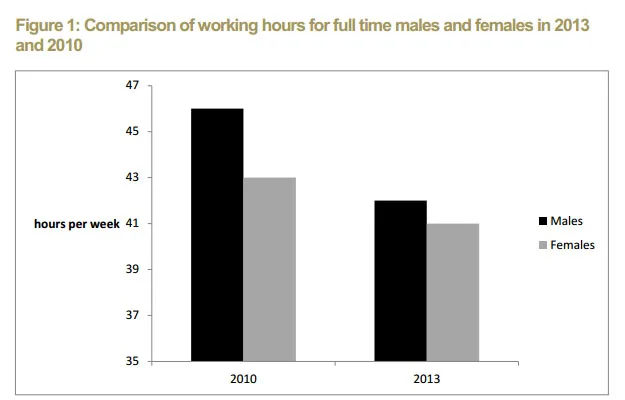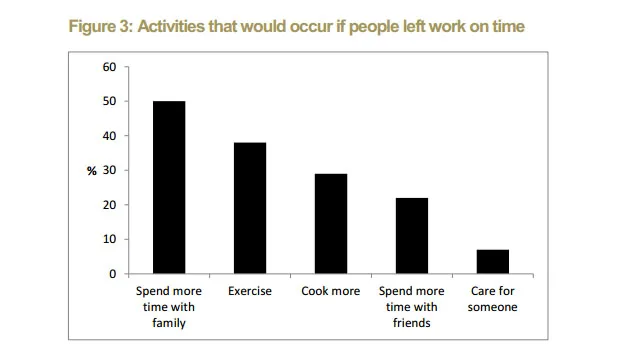According to findings by The Australia Institute on any given day, 2.8 million Australians have little certainty around what time they will finish work and experts caution poor work-life balance is puts employees at risk.
“Long working hours combined with work intensity are a known risk factor for poor health, especially cardiovascular disease, generally poor physical health, and fatigue,” Head of Public Health at the University of Adelaide, Professor Dino Pisaniello, told SBS.
Professor Pisaniello said the contemporary work environment is not conducive to fostering good health habits with recent data showing that people who worked more than 10 hours a day – or 50 hours a week – were most at risk of illness than people who worked less.
A population study published in the American Journal of Epidemiology found a 40 per cent excess risk of coronary heart disease in people who worked long hours.
“Up to 40 per cent of workers report that they work at very high speed for most of the time, work to tight deadlines for most of the time, and have too much work for one person to do,” Pisaniello said.
And health dangers extended beyond the individual doing the long hours in the workplace with research from the University of Adelaide attributing unsocial working hours to people being overweight and obesity in children being recorded as an indirect effect.
According to a 2013 report by The Australia Institute Australian workers now contributing unpaid labour worth an estimated $110 billion per year to their employers and researchers say these extra hours come at a significant cost to their personal lives and mental health, with families paying a heavy price.

Data from The Australia Institute’s 2013 report.
The paper details that “fifty per cent of workers say they would spend more time with their families if they worked less.”
Notably, one in four workers indicated that they experienced high levels of workplace stress, with 3.3 million Australians suffering from sleep loss as a result of work related pressures.

Spending time with family and friends, as well as health and caring duties, are compromised by work hours.
The warnings about working late come as part of Go Home on Time Day, held on Wednesday 19 November.
The annual initiative launched in 2009 as a part of the Australia Institute’s push to start a serious conversation about the impact of poor work-life balance on our health, relationships and workplaces.
The Australia Institute’s Executive Director, Dr Richard Denniss said the issues which led to the creation of Go Home on Time Day remain just as relevant today as when the campaign was launched five years ago.
“Many Australians continue to struggle with the idea of saying no to last-minute meetings at the end of a working day, or turning their smartphone to silent when they get home, and numerous studies have shown that workers are more productive if they take scheduled breaks and annual leave,” Dr Denniss said.
Go Home on Time have offered up five tips to get you out of the office on time:
1. Decide a time you will go home before you head off to work
2. Identify early any tasks that might prevent you from going home on time and speak with a manager about expectations
3. Take a lunch break to clear the head as it can boost productivity
4. Plan activities for after work, such as meeting a friend at the gym or taking the kids to the park
5. Make a commitment to go home on time once a week or once a month, to make it part of a routine



